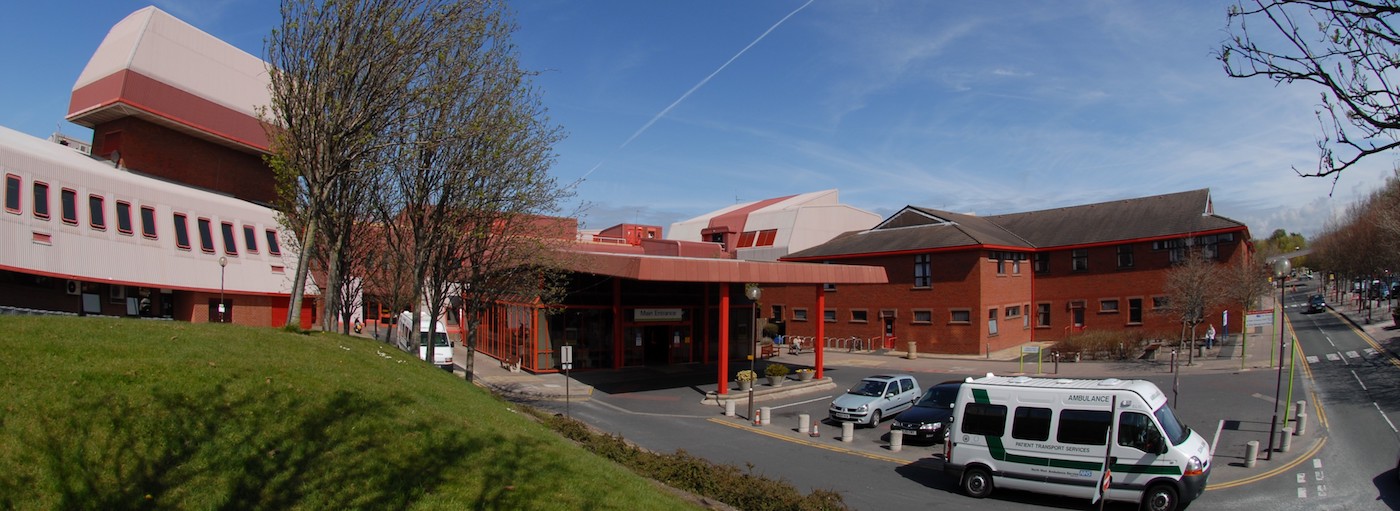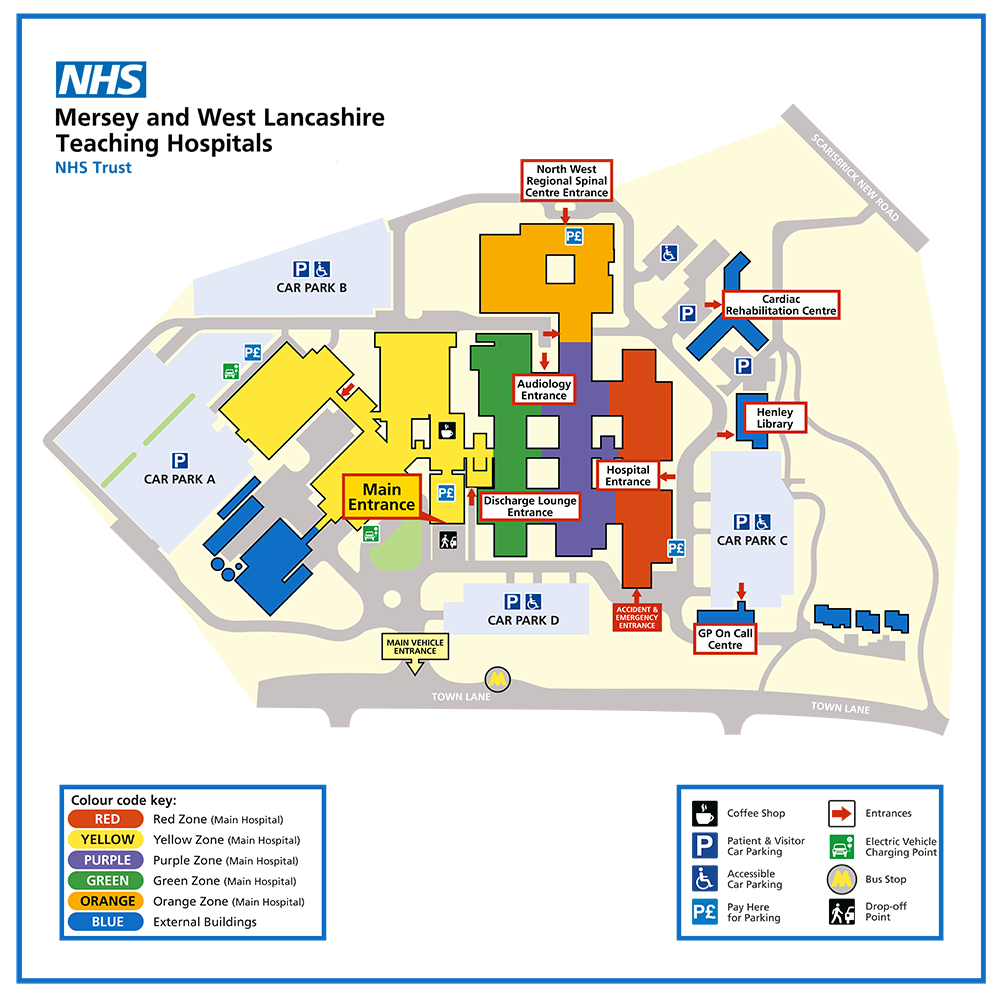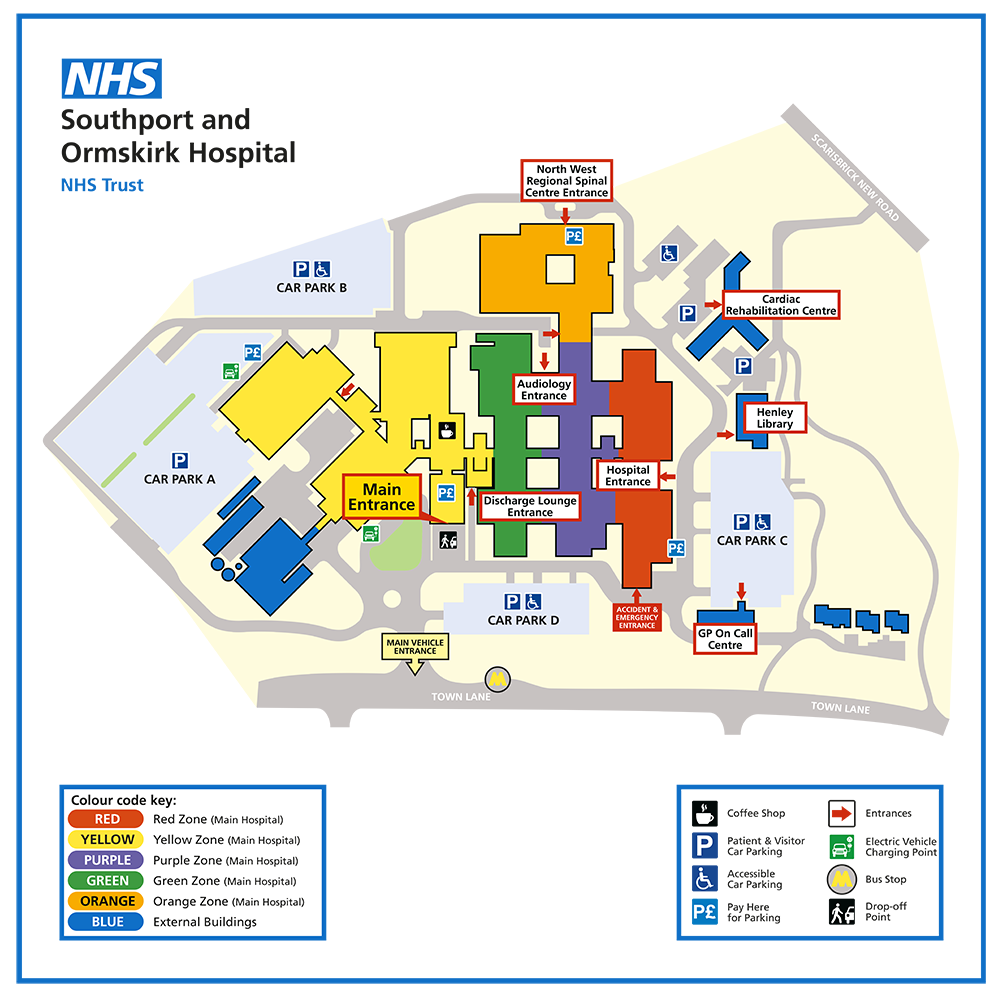Is it an Emergency?
If you're feeling unwell and not sure which NHS service you need, use this guide to help you choose the right place to visit.
When to call 999
Call 999 in a medical emergency. This is when someone is seriously ill or injured and their life is at risk.
Medical emergencies can include:
Call 999 immediately if you or someone else is having a heart attack or stroke. Every second counts with these conditions.
Also call 999 if you think someone has had a major trauma, such as after a serious road traffic accident, a stabbing, a shooting, a fall from height, or a serious head injury.
When to use 111
NHS 111 can help if you have an urgent medical problem and you’re not sure what to do.
Get help online or on the phone
To get help from NHS 111, you can:
- go to 111.NHS.UK (for people aged 5 and over only)
- call 111
NHS 111 is available 24 hours a day, 7 days a week.
If you’re Deaf and want to use the phone service, you can use the NHS 111 British Sign Language service available in your country:
You can also call 18001 111 on a textphone.
When to go to A&E
An A&E department (also known as emergency department or casualty) deals with genuine life-threatening emergencies, such as:
- loss of consciousness
- acute confused state and fits that are not stopping
- chest pain
- breathing difficulties
- severe bleeding that cannot be stopped
- severe allergic reactions
- severe burns or scalds
- stroke
- major trauma, such as road traffic accidents.
Less severe injuries can be treated in urgent care centres or minor injuries units.
When to visit an urgent treatment centre
You can go to an urgent treatment centre if you need urgent medical attention, but it's not a life-threatening situation.
Conditions that can be treated at an urgent treatment centre include:
- sprains and strains
- suspected broken limbs
- minor head injuries
- cuts and grazes
- bites and stings
- minor scalds and burns
- ear and throat infections
- skin infections and rashes
- eye problems
- coughs and colds
- high temperature in child and adults
- stomach pain
- being sick (vomiting) and diarrhoea
- emergency contraception
St Helens Urgent Treatment Centre
When to speak to a pharmacist
Pharmacies can give treatment advice about a range of common conditions and minor injuries, such as:
- aches and pains
- sore throat
- coughs
- colds
- flu
- earache
- cystitis
- skin rashes
- teething
- red eye
If you want to buy an over-the-counter medicine, the pharmacist and their team can help you choose.
Antibiotics will not be available over the counter to treat minor conditions.
Minor illnesses
Most common illnesses and problems will get better without the need to visit a doctor and can be treated at home. Click on the links for advice on how to manage your symptoms.
You can also visit nhs.uk/live-well for self-care tips and tools and nhs.uk/staywell for advice on how to look after yourself during the winter months.


